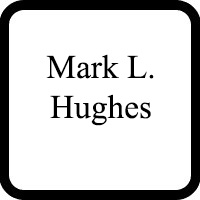Alva Misdemeanor Lawyer, Wyoming
Sponsored Law Firm
-
 x
x

Click For More Info:
-
Hughes Law Office
113 North 3rd St Sundance, WY 82729» view mapDivorce & Family, Criminal, Estate Working Relentlessly For You
Let Hughes Law Office handle your legal matters today!
800-960-0161
Not enough matches for Alva Misdemeanor lawyer.
Below are all Alva lawyers.
Mark L. Hughes
✓ VERIFIEDDivorce & Family Law, Estate, Criminal, Accident & Injury, Lawsuit & Dispute
Mark Hughes is a practicing lawyer in the state of Wyoming. Attorney Hughes received his J.D. from the University of Wyoming College of Law in 1978.
Dublin Dan Hughes
Estate Planning, Wills & Probate, Family Law, Contract, Criminal
Status: In Good Standing Licensed: 3 Years
Joseph Michael Baron
Litigation, Prosecution, Criminal, Civil Rights
Status: In Good Standing Licensed: 38 Years
 Mark Hughes Sundance, WY
Mark Hughes Sundance, WY Practice AreasExpertise
Practice AreasExpertise

